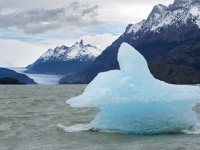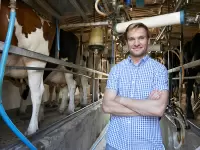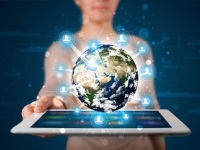What Climatology Is Climatology, or sometimes known as climate science, is the study of the Earth’s weather patterns and the systems that cause them. From the ocean oscillations to trade winds, pressure systems that drives temperature, airborne particles that influence local conditions and even the phases of the moon and Earth’s wobble all affect the…
Read more
Climatology: The Science of Global Weather Systems over the Long Term










